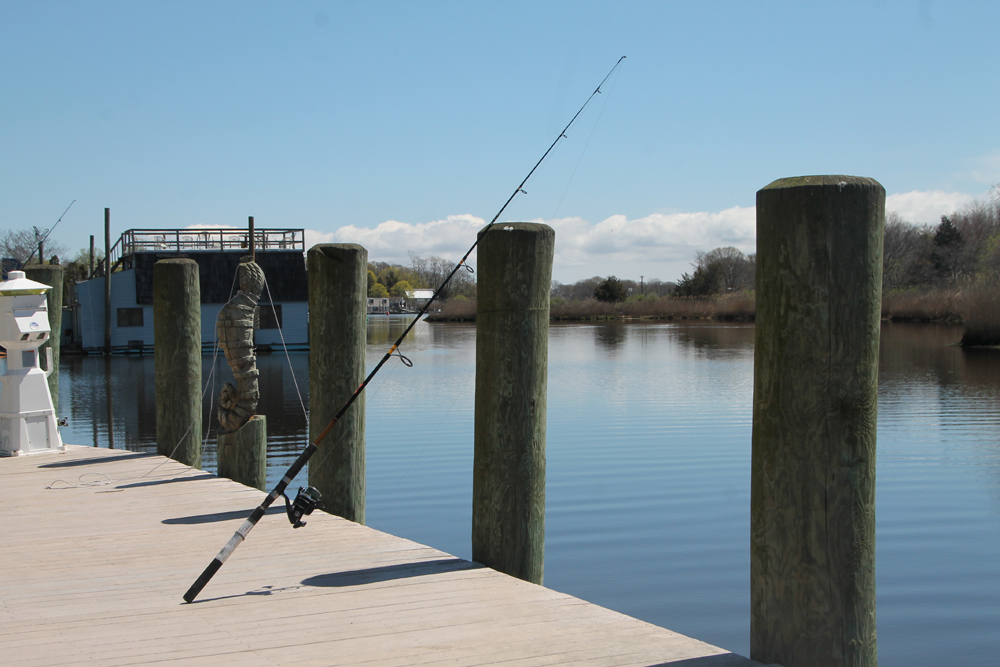Editorial: Water Quality Protection Fee is reasonable approach


A quarter-cent sales tax already funds the Suffolk County Drinking Water Protection Program.
In the near future, 20 percent of all Community Preservation Funds generated from East End real estate transfers will also be set aside for water quality initiatives.
While it may seem like a lot of money is being designated to improve the overall health of our waterways, it’s simply not enough.
Human waste carrying nitrogen is finding its way into our bays and creeks, mostly through outdated cesspool and septic systems. The county estimates those systems account for about 70 percent of the nitrogen pollution in the county’s surface water. This issue could be dramatically improved if many of the estimated 360,000 homeowners in Suffolk County with outdated systems could afford to upgrade to modern alternative wastewater treatment systems.
Unfortunately, it’s unrealistic to believe that so many of the county’s hardworking residents can afford new systems, which can cost thousands of dollars to install and hundreds more in annual maintenance expenses.
Suffolk County Executive Steve Bellone’s newly proposed Water Quality Protection Fee, while still being developed, appears at first glance to be a realistic way for the county to begin funding the connection of thousands of homes to these much-needed modern systems.
It’s disheartening to read that at least three members of the county Legislature — Thomas Barraga (R-West Islip), Robert Trotta (R-Fort Salonga) and Tom Cilmi (R-Bay Shore) — have instantly dismissed the plan as just another tax.
“To ask our taxpayers to sacrifice any more money than they’re already sacrificing is ignorant of the challenges that our taxpayers face,” Mr. Cilmi told Newsday, an ironic statement that’s ignorant to another challenge we face in protecting our region’s most precious natural resource.
Others, such as Southold Town Supervisor Scott Russell and North Fork Environmental Council president Bill Toedter, are right to question the fairness of the fee if it only has to be paid by public water users, as well as its effectiveness, if the many East End residents connected to well water don’t reap the benefits. Those and other local concerns should be considered and addressed by East End representatives Al Krupski (D-Cutchogue) and Bridget Fleming (D-Noyac) as the bill makes its way through the Legislature and, hopefully, onto your ballot in November.
The public deserves to have its say on this important referendum.
Photo: The Peconic River in downtown Riverhead on Wednesday. (Credit: Paul Squire)








